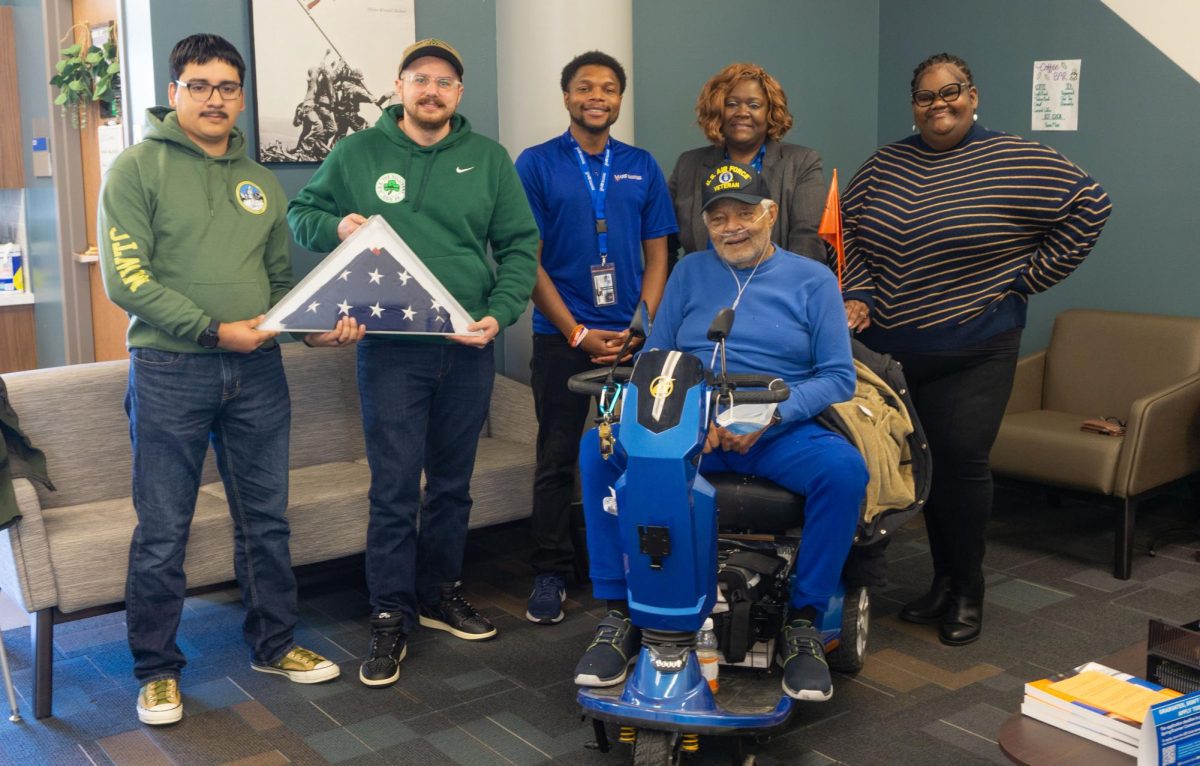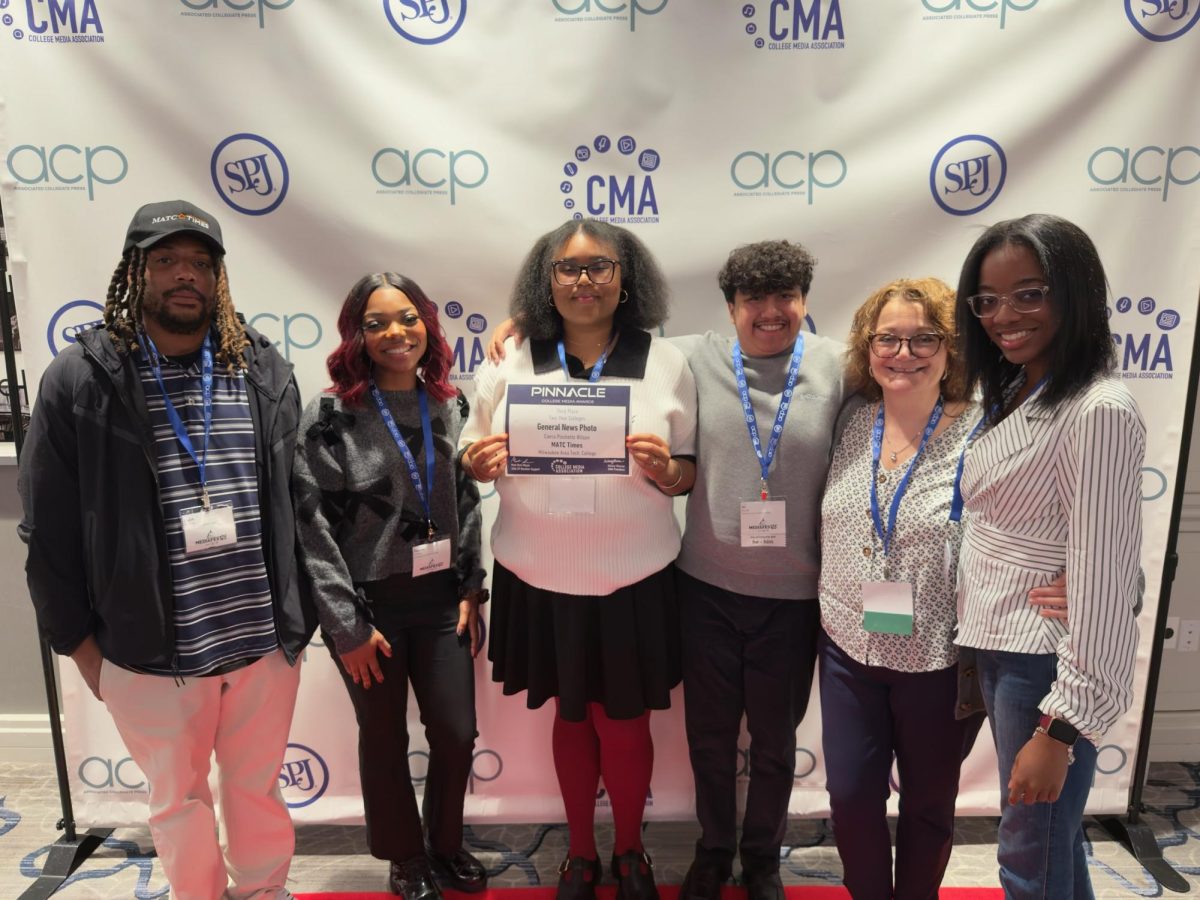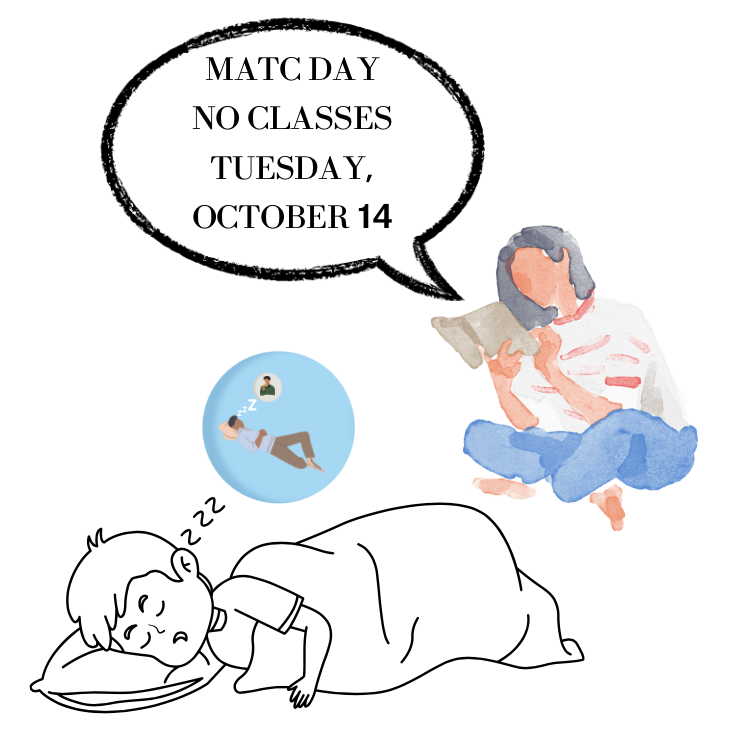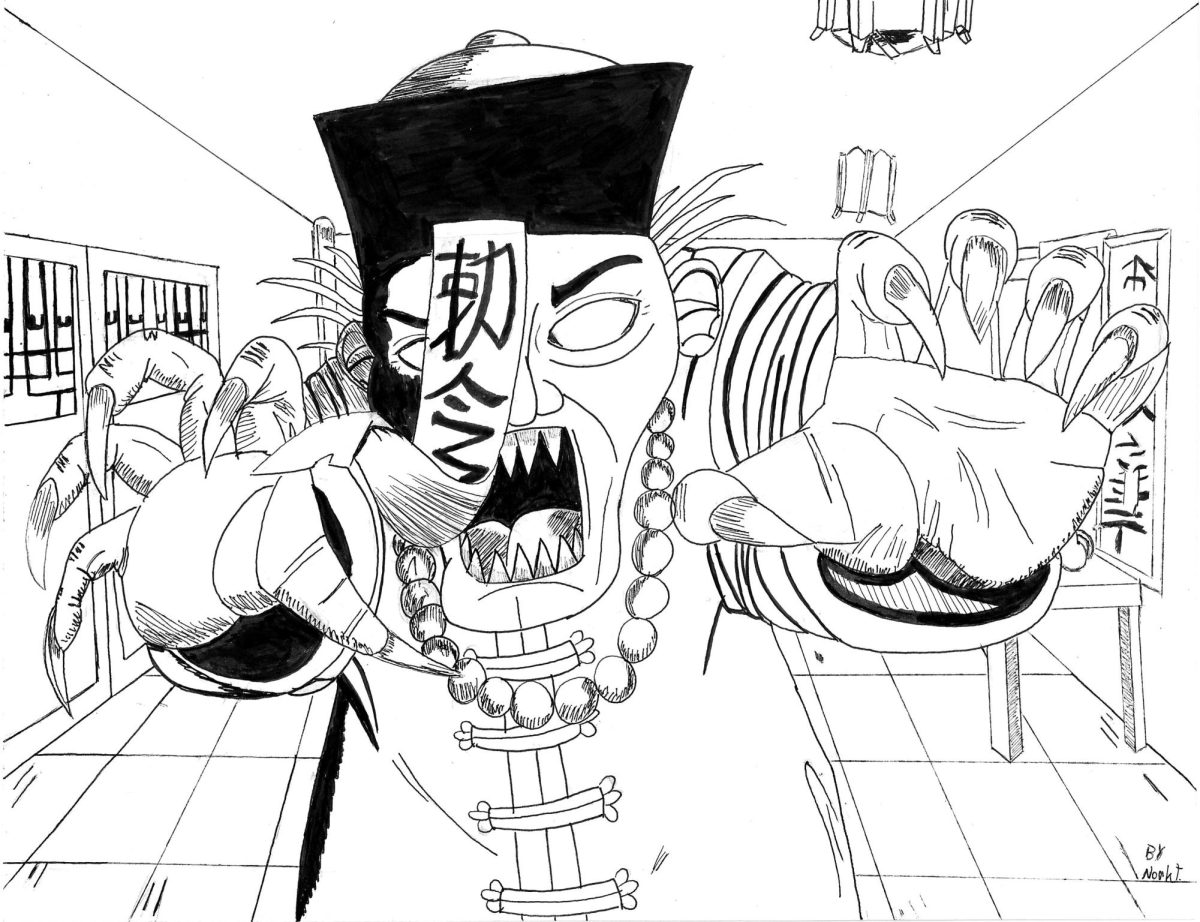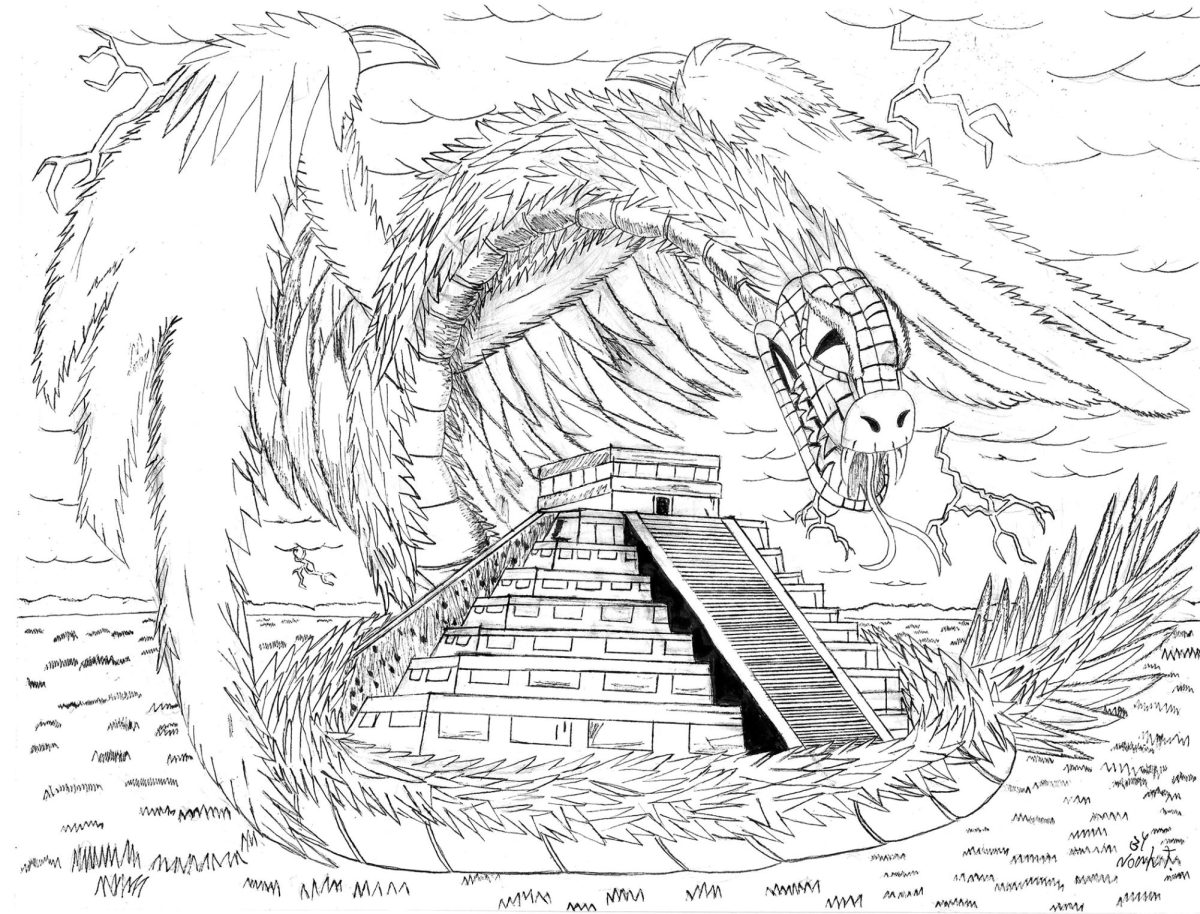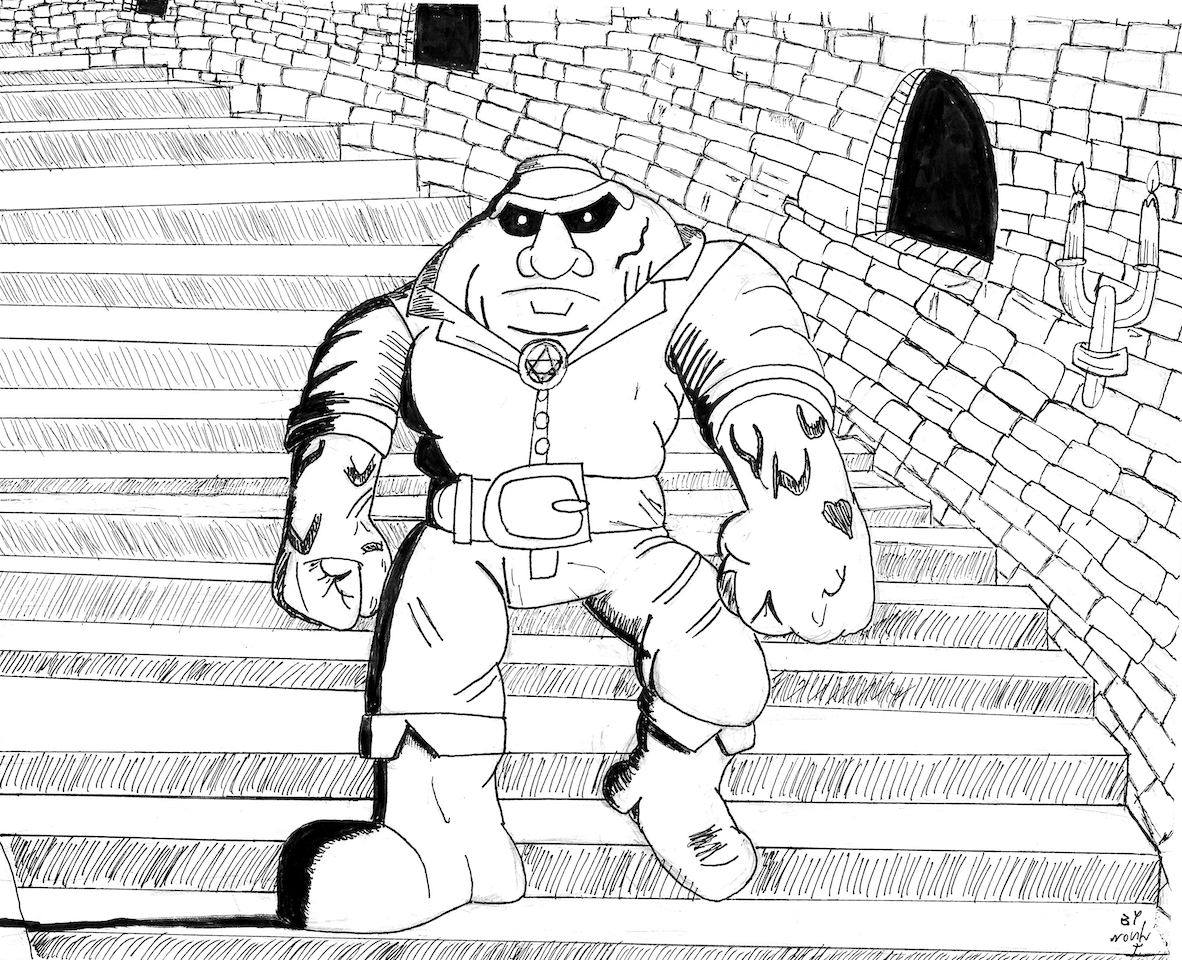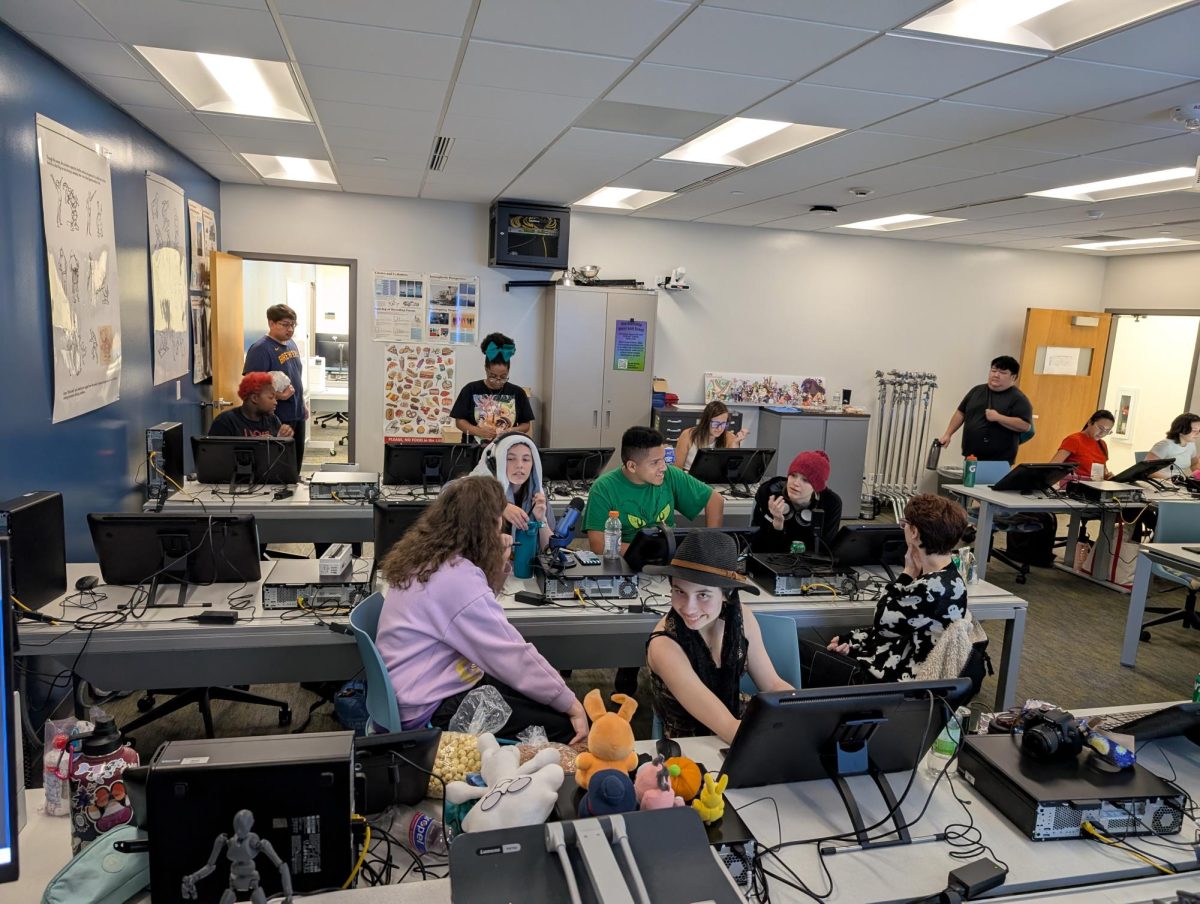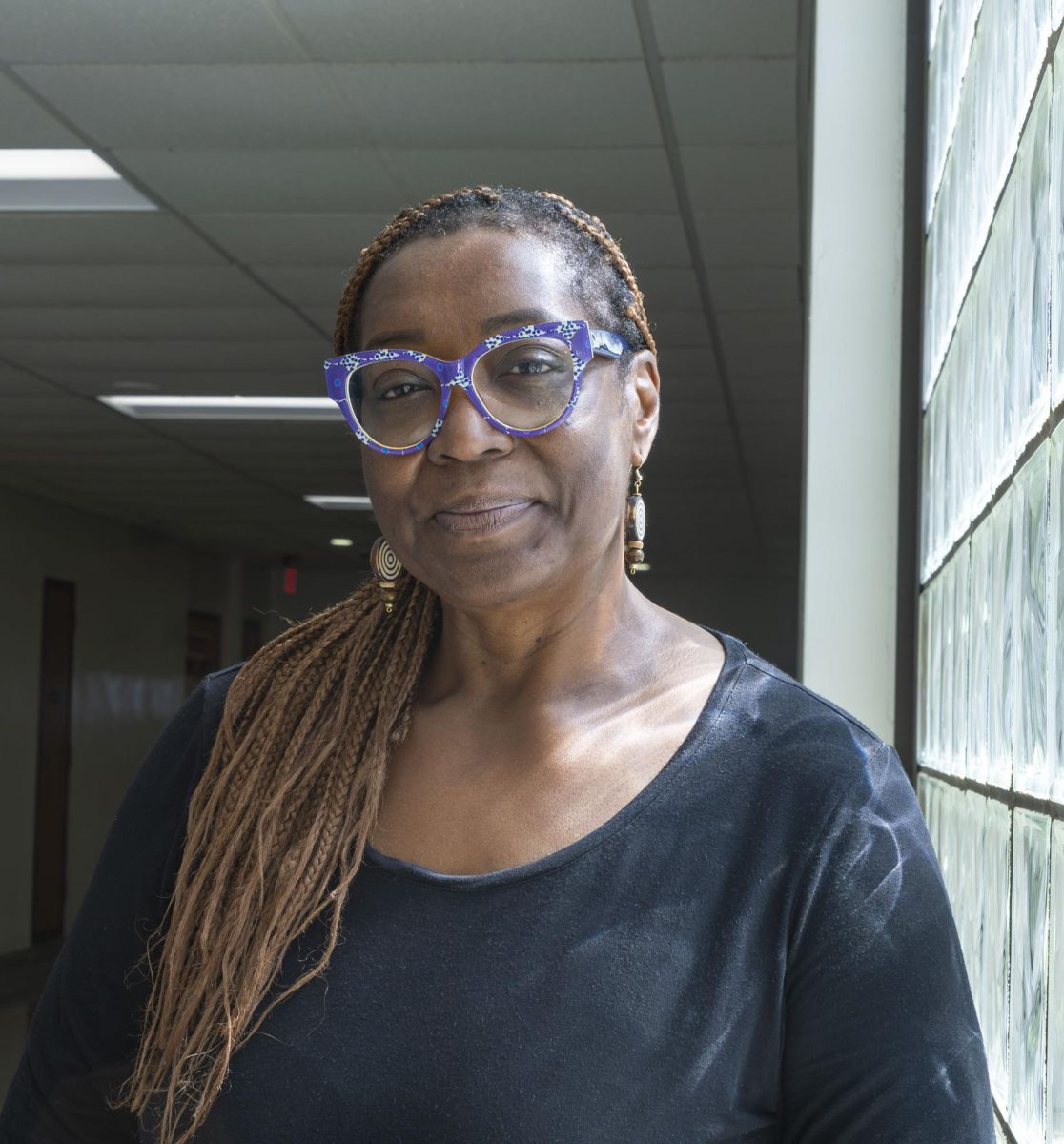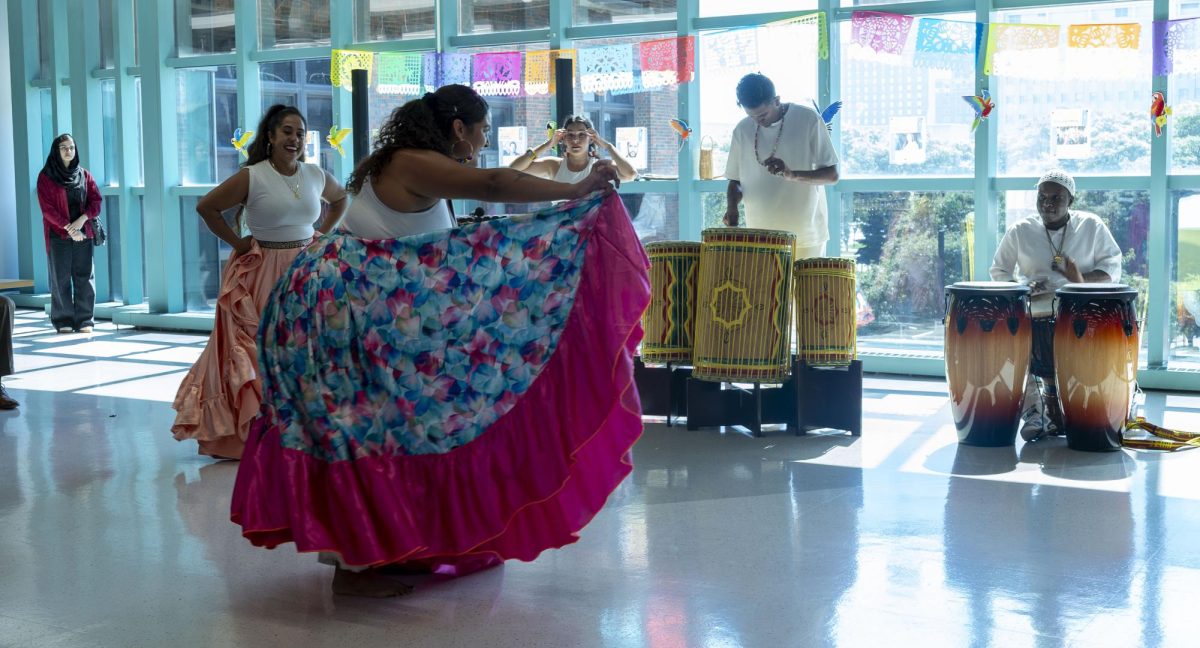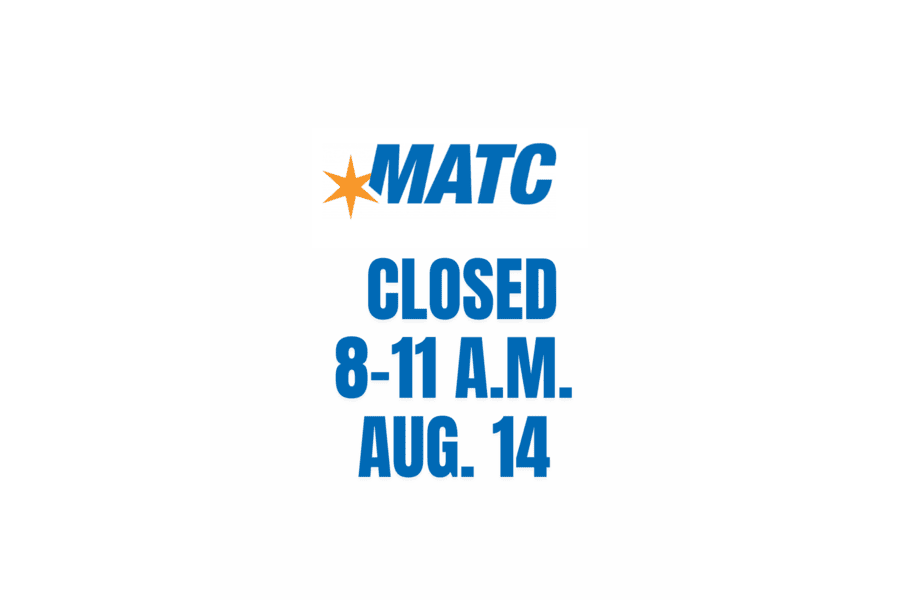One student took an African-American literature class some years ago, but those stories, and his teacher, have never left him.Eric Theis, who once was a part of the TEP (Teachers Education Program) back in 2005, has since graduated from UWM with a degree in creative writing. However, his connection with his literature teacher, Myra George, never ended.
Theis, never forgetting the stories told in that class, attempted to write his own novel. He enlisted the help of George for editing, revisions, and ensuring the historical background was correct.
Theis describes George as “supportive, but (he) also had the critical voice that I know I needed.”
However, feeling that it could be stronger as a play, he added, “I was always giving myself stage directions, just in case.”
The novel didn’t quite go as planned. So Theis went with his play idea, and is using it as a way to “thank George for being an inspiration.”
As a result of the experiences in George’s class, the play, as with the novel, is written using the dialect of the time. It’s about a man who is a current-day white farmer, Harrison deFond, who hears a voice from the past.
The voice comes from a fairy, and it tells deFond about a man, Samson Fairchild, who was an African-American songwriter living during the post-Civil War reconstruction era.
Fairchild starts a music institute where spirituals were birthed. This institute was designed to reach out to young people.
Through Fairchild’s struggles, deFond learns about the hardships African Americans faced not only then, but even today.
Theis believes that this is a story for all people, because it is “not just one person’s story. Samson Fairchild is just one person, but there are thousands of stories just like his.”
He believes that this is for those who are aware of the continual racial injustices and desire to take a stand.
The play, called The Temples of Nadir, was performed at Alchemist Theatre and Bay View Lounge this past April.


